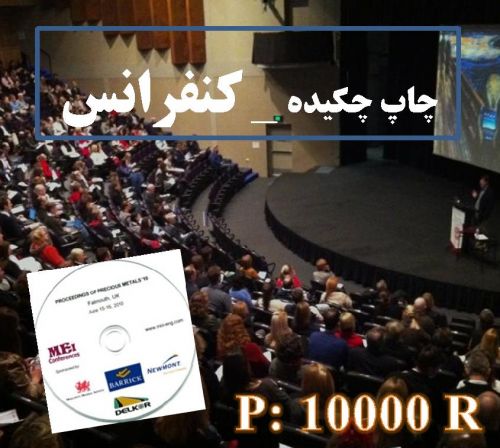Precision medicine is an emerging approach for the diagnosis, treatment and prognosis of genetic diseases that enables clinicians to more accurately predict which treatment strategy will be optimal in a patient. The Human Genome Project, along with the development of high-throughput omic technologies such as next generation sequencing (NGS), has allowed rapid advances in our knowledge of disease causing genetic alterations. The molecular diagnosis of cancer based on the detection of single-nucleotide changes or small insertions or deletions in one or several genes was made by means of the Sanger sequencing method.This technique is time-consuming and costly. Furthermore, it requires large amounts of tumour DNA, which may be difficult to obtain in some cases, and cannot detect DNA changes in subclonal populations. The development of NGS has revolutionised the approach to oncological diagnosis and provides more thorough and clinically applicable information on the molecular biology of tumours. The development of these new technologies in combination with bioinformatic data analysis applications is considerable. Identification of pathogenic genomic alterations and of new genes associated with the development of specific diseases is now easier, faster and more cost-effective. In conclusion, this ability to study biological phenomena at the omic level will continue to lead to significant advances in precision medicine and in the identification of new, potentially treatable mutations and less frequent genetic alterations for which targeted therapies are already available, improving the prognosis of our patients.
کلید واژگان :Precision medicine, Next Generation Sequencing (NGS), Cancer, Oncological diagnosis.
ارزش ریالی : 200000 ریال
با پرداخت الکترونیک
جزئیات مقاله
- کد شناسه : 7151031199559953
- سال انتشار : 2016
- نوع مقاله : چکیده مقاله پذیرفته شده در کنفرانس ها(فایل کامل مقاله بارگزاری گردد)
- زبان : انگلیسی
- محل پذیرش : 4nd Congress on Novel & Innovative Laboratory Technologies
- برگزار کنندگان : دانشگاه ایران
- تاریخ ثبت : 1396/08/19 14:36:35
- ثبت کننده : مژده حدادی
- تعداد بازدید : 332
- تعداد فروش : 0
